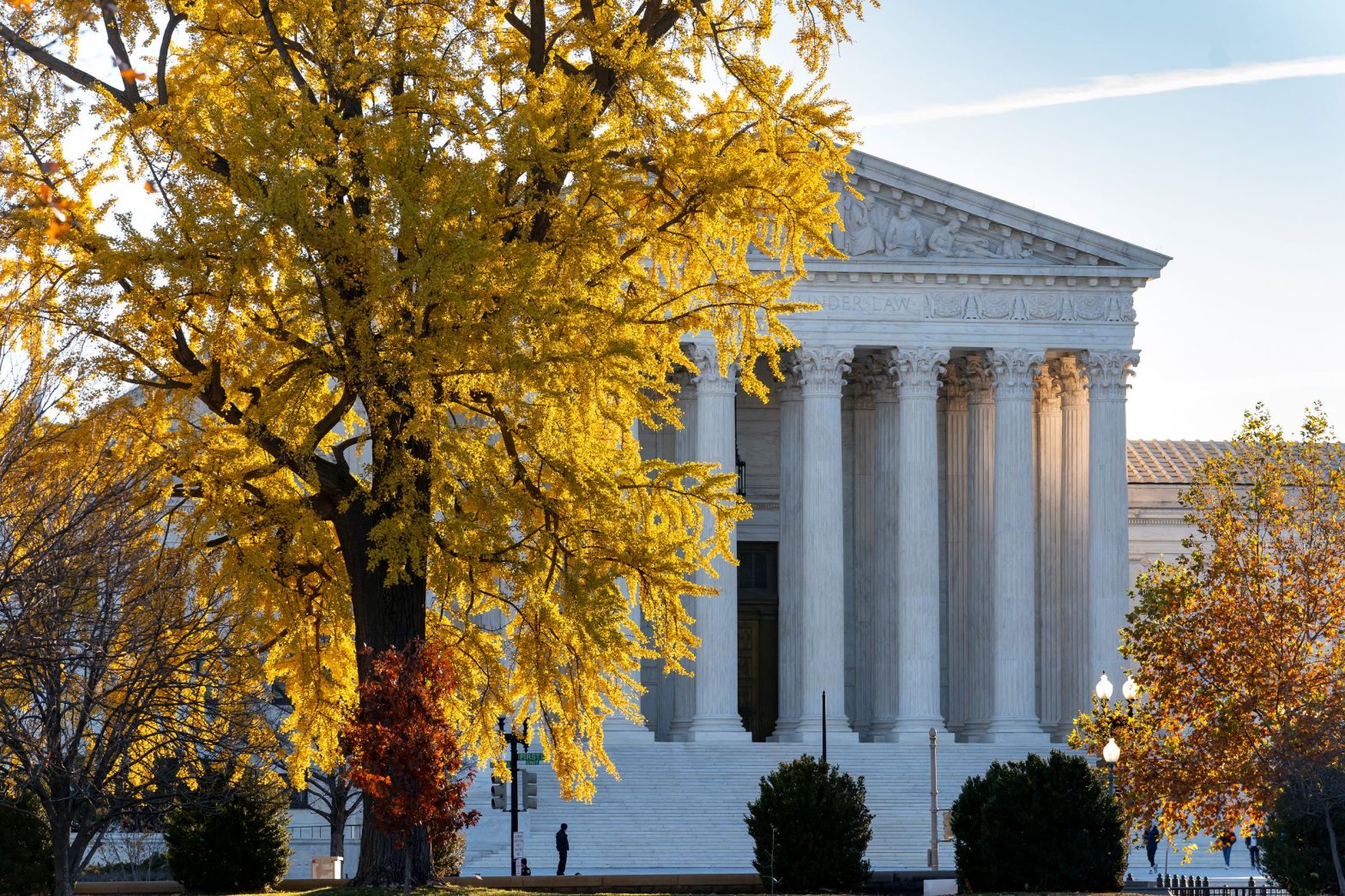Supreme Court Sides With High School Accused of Excluding Asian Americans

WASHINGTON – The Supreme Court on Monday declined to overturn an elite Virginia high school’s policies intended to make the student population more demographically diverse in the latest uproar over school admission rules.
The parents of applicants to Thomas Jefferson High School for Science and Technology argued the new policy discriminates against Asian Americans, who make up a disproportionately large share of the student body.
They said the policy shows favoritism toward low-income, Black and Hispanic students in violation of the constitutional rights of more qualified applicants.
After the school instituted what it called its “holistic” admissions policy in 2020, offers of admission to Asian American students dropped from 70% of the student body to 55%. Offers to White students remained constant at 22%.
By last June, a quarter of applicants accepted were from low-income households, 7% Black and 11% Hispanic. In previous years, low-income, Black and Hispanic students represented no more than 5% of the incoming classes.
The magnet high school in Alexandria is rated as the best in the United States in recent U.S. News and World Report scholastic rankings. It accepts just over one quarter of the applicants from the surrounding five Northern Virginia school districts.
The Fairfax County School Board decided to end its standardized admission tests in favor of a new policy that places a priority on social background and socioeconomic status of applicants.
Previously, it used a system based almost exclusively on a test of math and science skills as well as the grade point averages of eighth graders.
The new system adds four “experience factors” that consider whether applicants are low-income, disabled, come from non-English speaking households or attend middle schools that historically had few students who succeeded in gaining entry to Thomas Jefferson High School for Science and Technology.
A group of parents calling themselves the Coalition for TJ sued the school board in U.S. District Court in Alexandria to reinstate the standardized selection system.
A federal judge ruled for the parents in February, saying the new admissions policy was an illegal form of “racial balancing.”
U.S. District Judge Claude Hilton wrote that “the purpose of the Board’s admissions overhaul was to change the racial makeup of TJ to the detriment of Asian Americans.” He issued an order banning the high school from using the newer admissions method.
When the school board decided to appeal, Fairfax School Board Chair Stella Pekarsky said in a statement, “This ruling is so inconsistent with current law on diversity efforts that we cannot stand by and allow it to go unchallenged. We cannot walk away now after making so much progress toward a fair and equitable system.”
The U.S. Court of Appeals for the 4th Circuit in Richmond disagreed with the lower court in a decision last month. It called the holistic admissions policy race-neutral and an acceptable way of making the student body more representative of the surrounding community.
“And the Coalition appears to have identified no evidence that TJ’s current race neutral policy is intended to achieve a certain percentage of Black, Hispanic, or Asian American students,” the ruling said.
The Coalition for TJ, joined by Virginia Attorney General Jason S. Miyares, a Republican, and Republican attorneys general from 15 states, appealed to the Supreme Court under an emergency application.
The group said an immediate ruling was needed to avoid excluding qualified Asian American students who would otherwise be allowed to attend Thomas Jefferson High School for Science and Technology in the upcoming semester.
Miyares submitted a brief to the Supreme Court that said, “Though facially race-neutral, the new policy targeted Asian-American applicants with surgical precision.”
The Supreme Court did not explain its reasons for its ruling that affirmed the 4th Circuit in a style typical for emergency applications.
The Supreme Court’s action is the latest step in deciding whether similar admissions policies will be allowed at Harvard University and the University of North Carolina at Chapel Hill. At both universities, race is considered as a factor in admissions to help to build an ethnically diverse student body.
A bigger issue behind the policies is whether they violate the constitutional Equal Protection rights of applicants who are passed over. If so, the policies raise serious questions about the future of affirmative action in higher education.
The Coalition for TJ released a statement Monday that said the Supreme Court’s decision will allow the school system to “continue with its illegal, unconstitutional and anti-Asian admissions process.”
Tom can be reached at [email protected].























